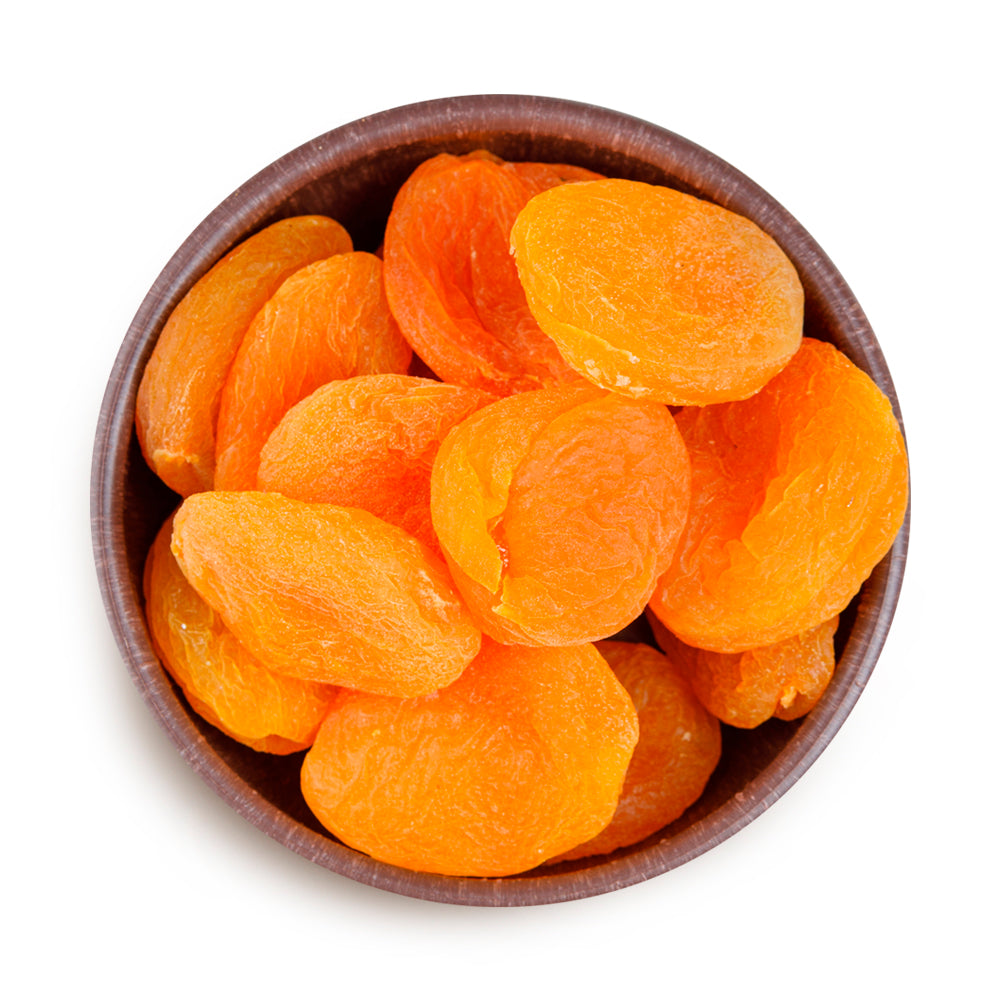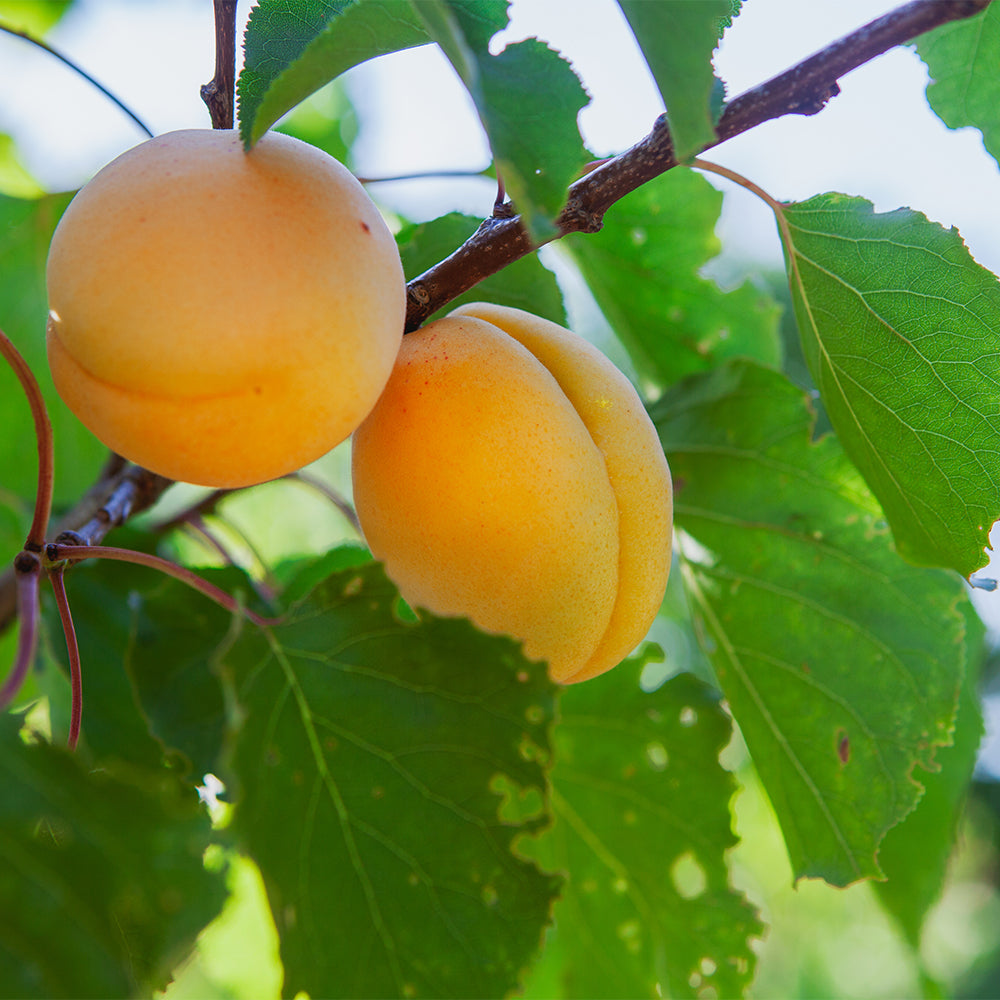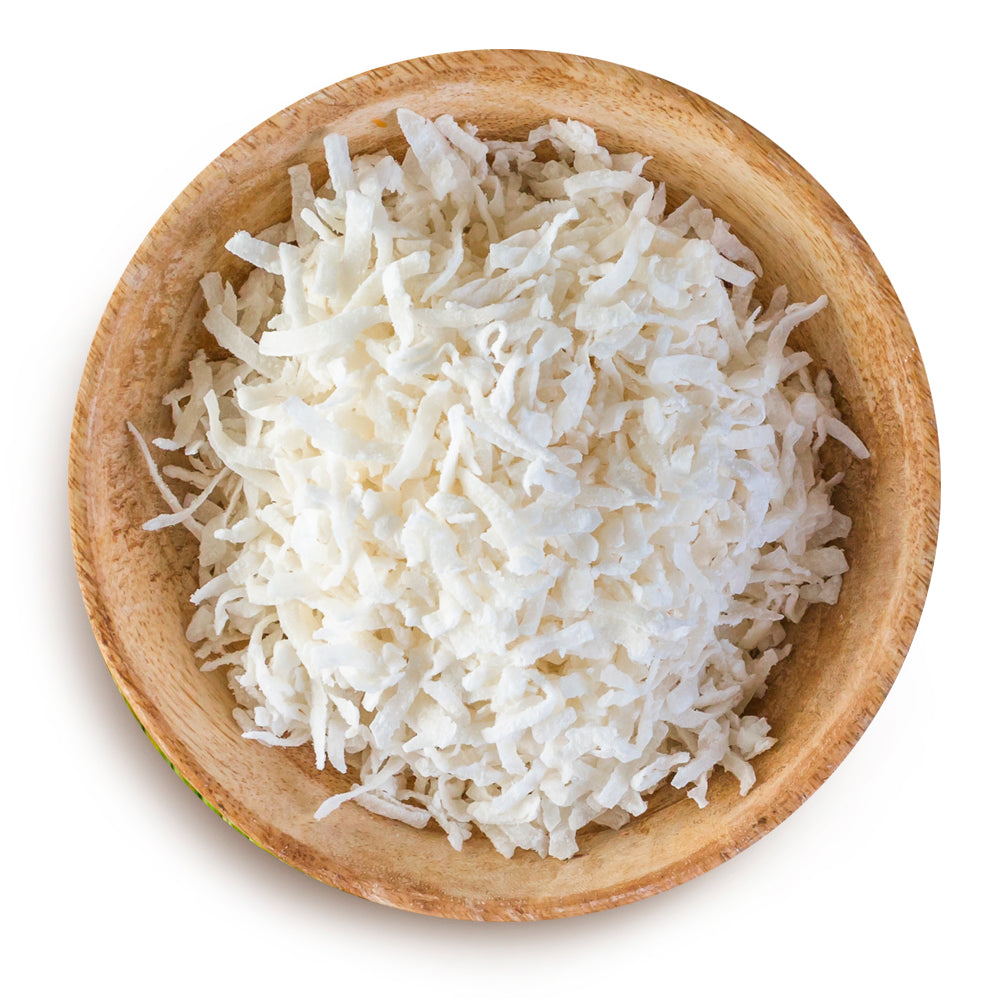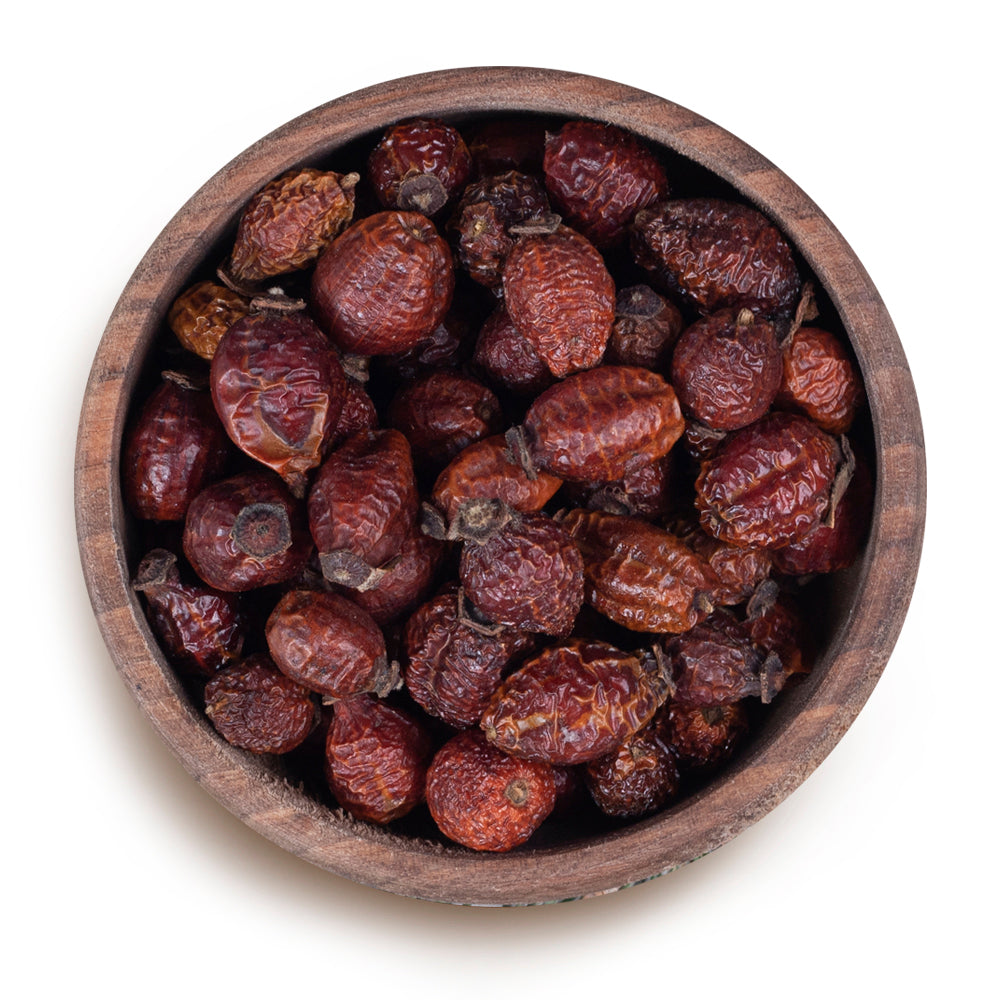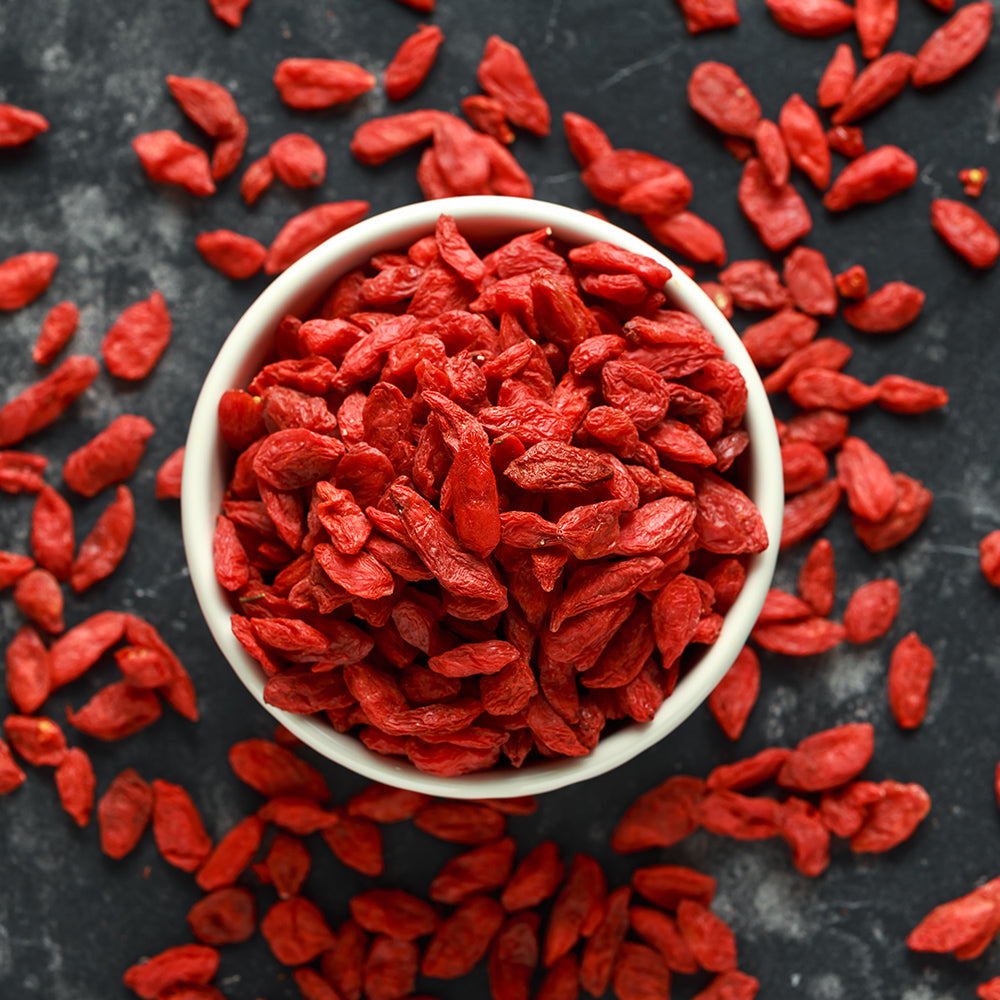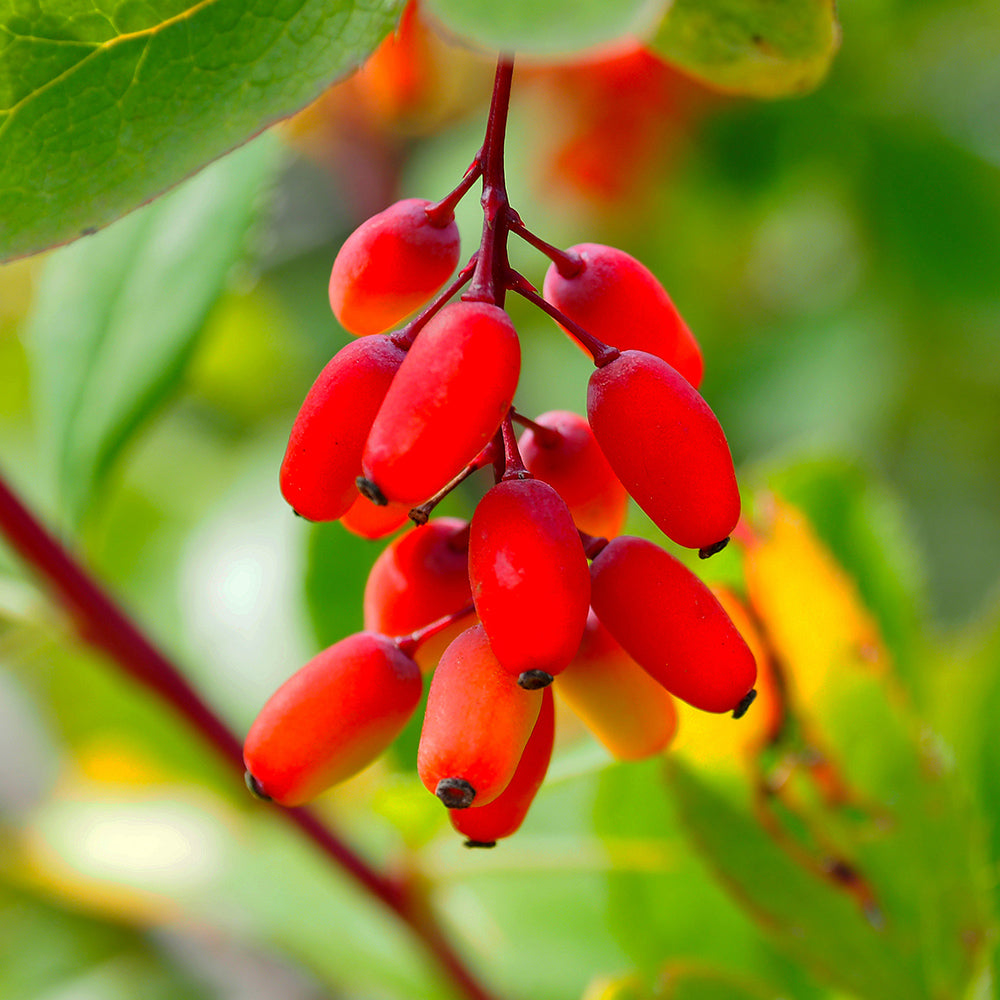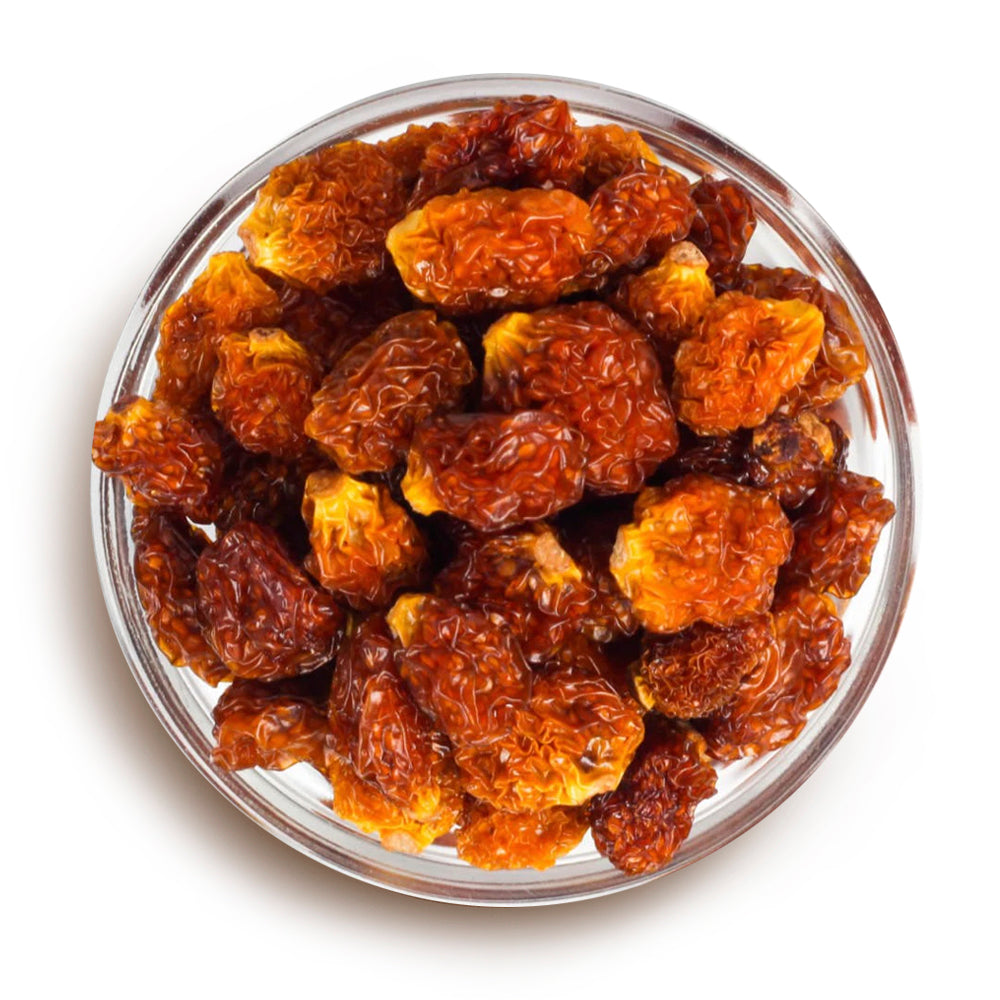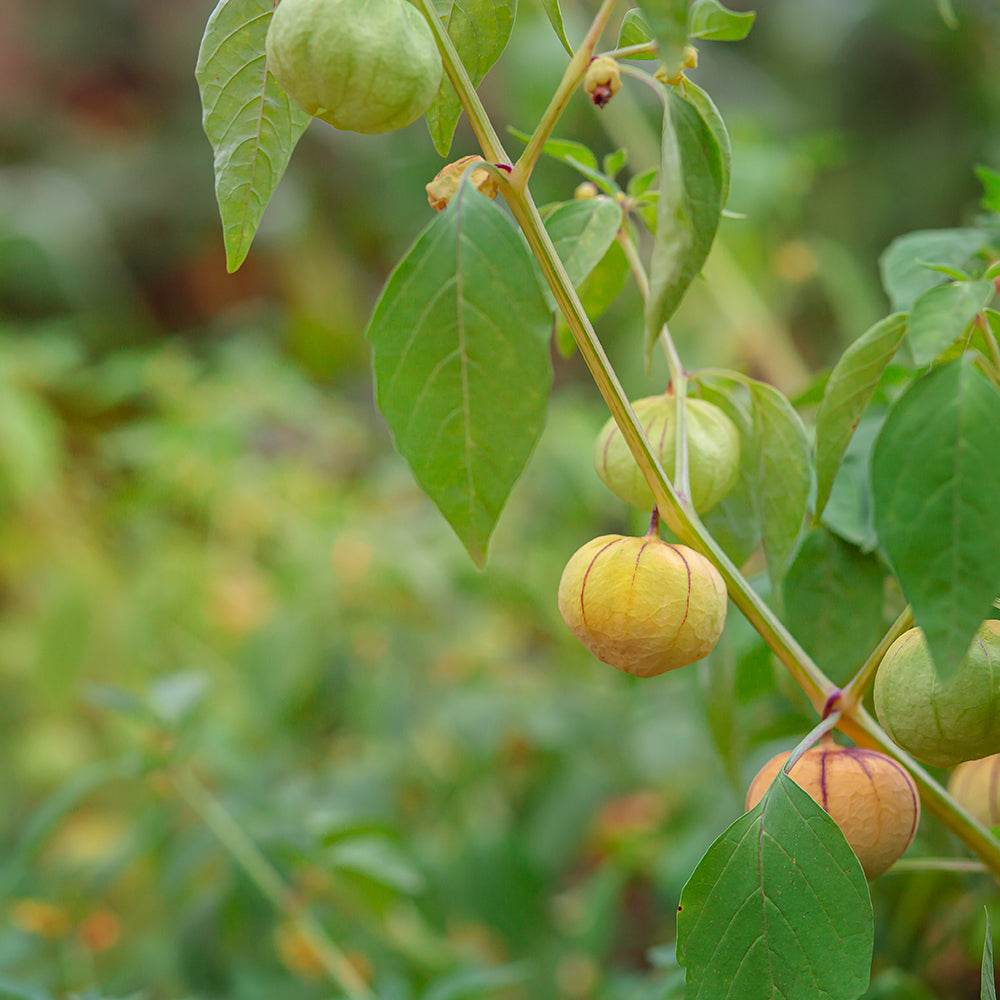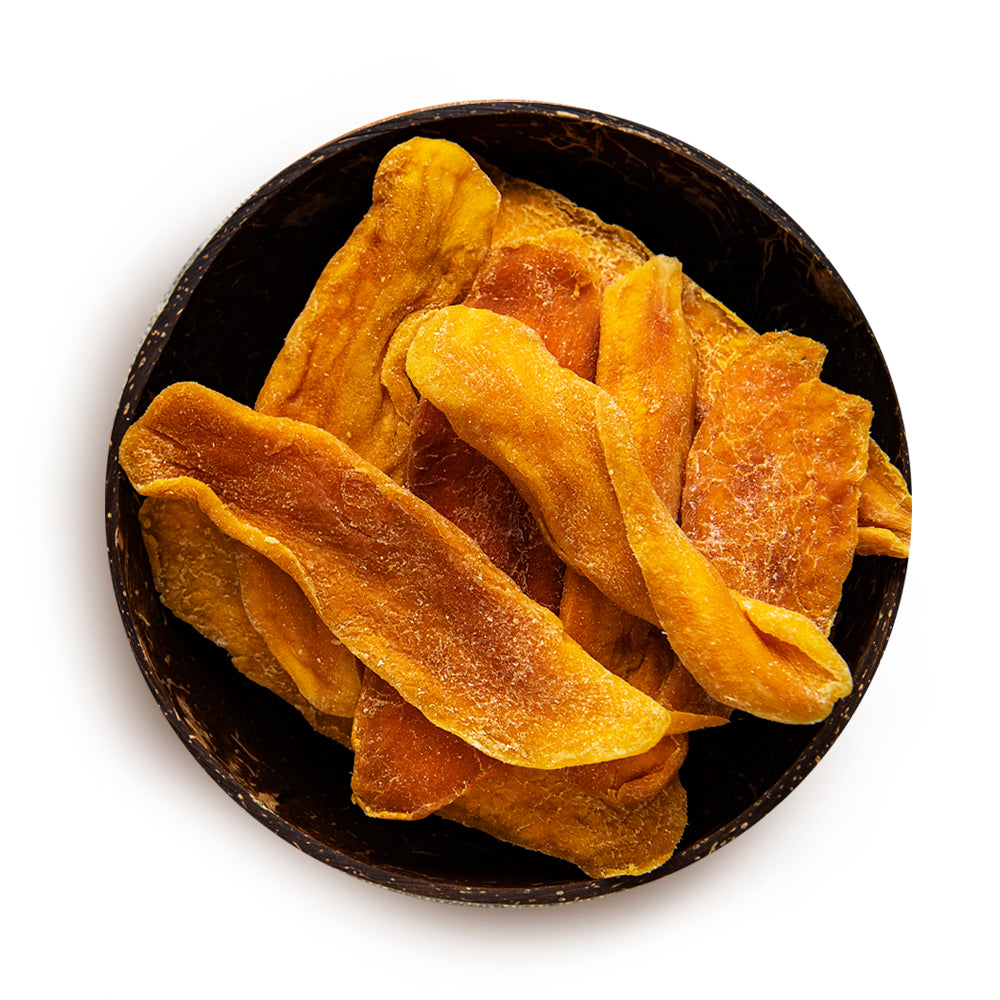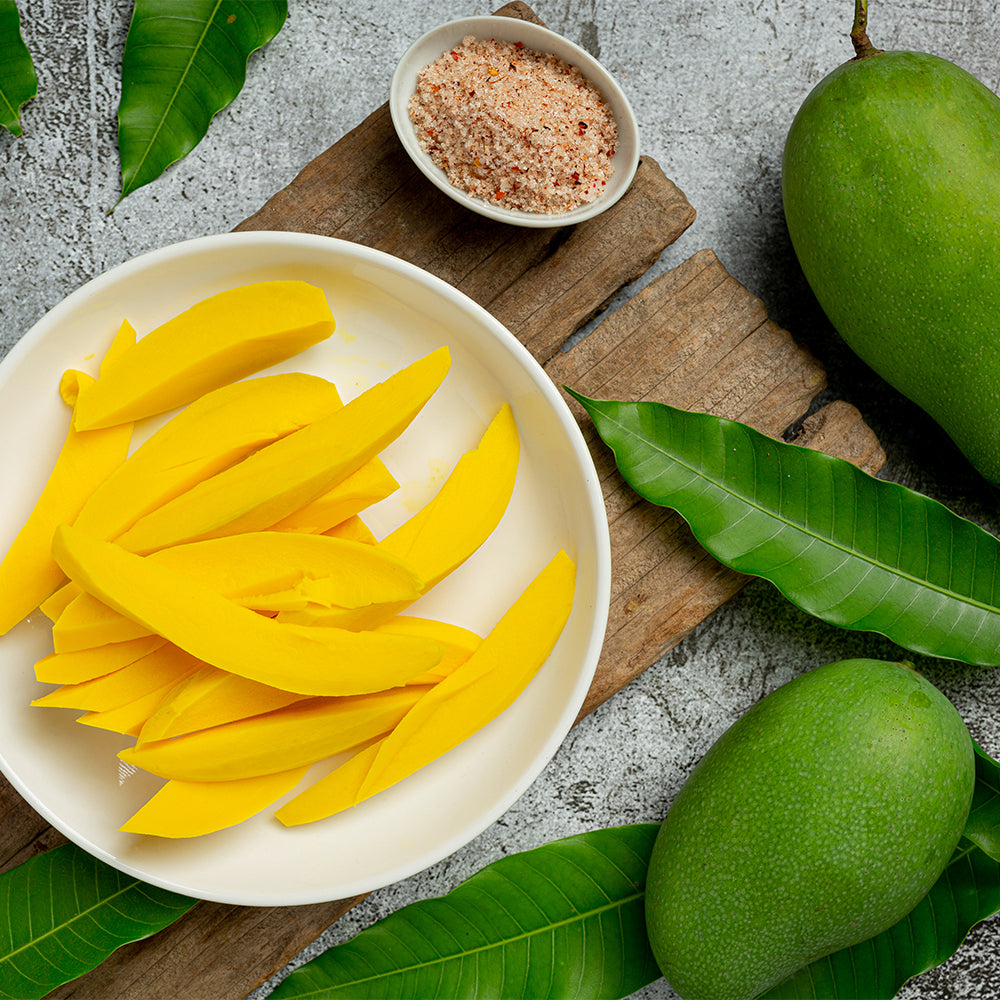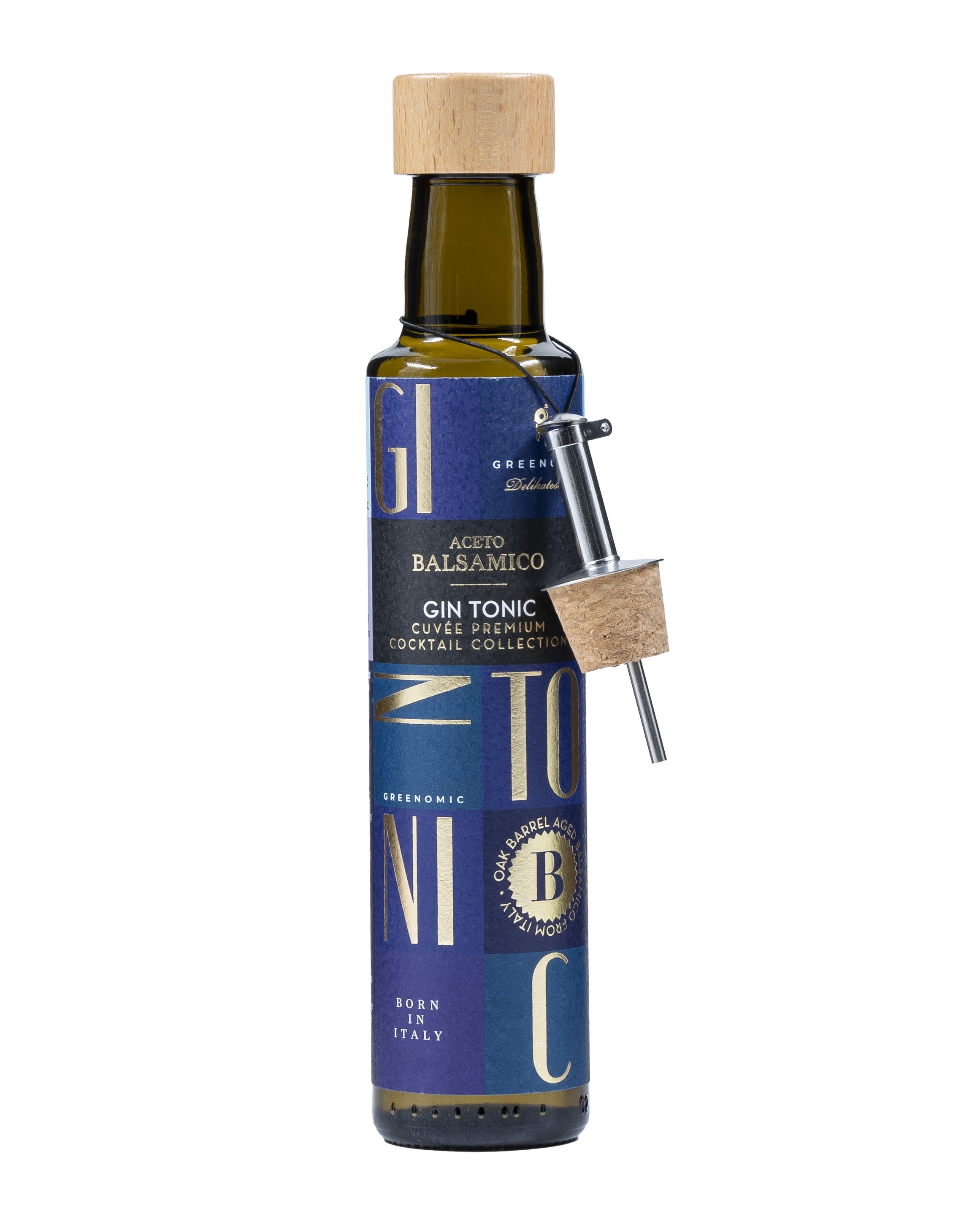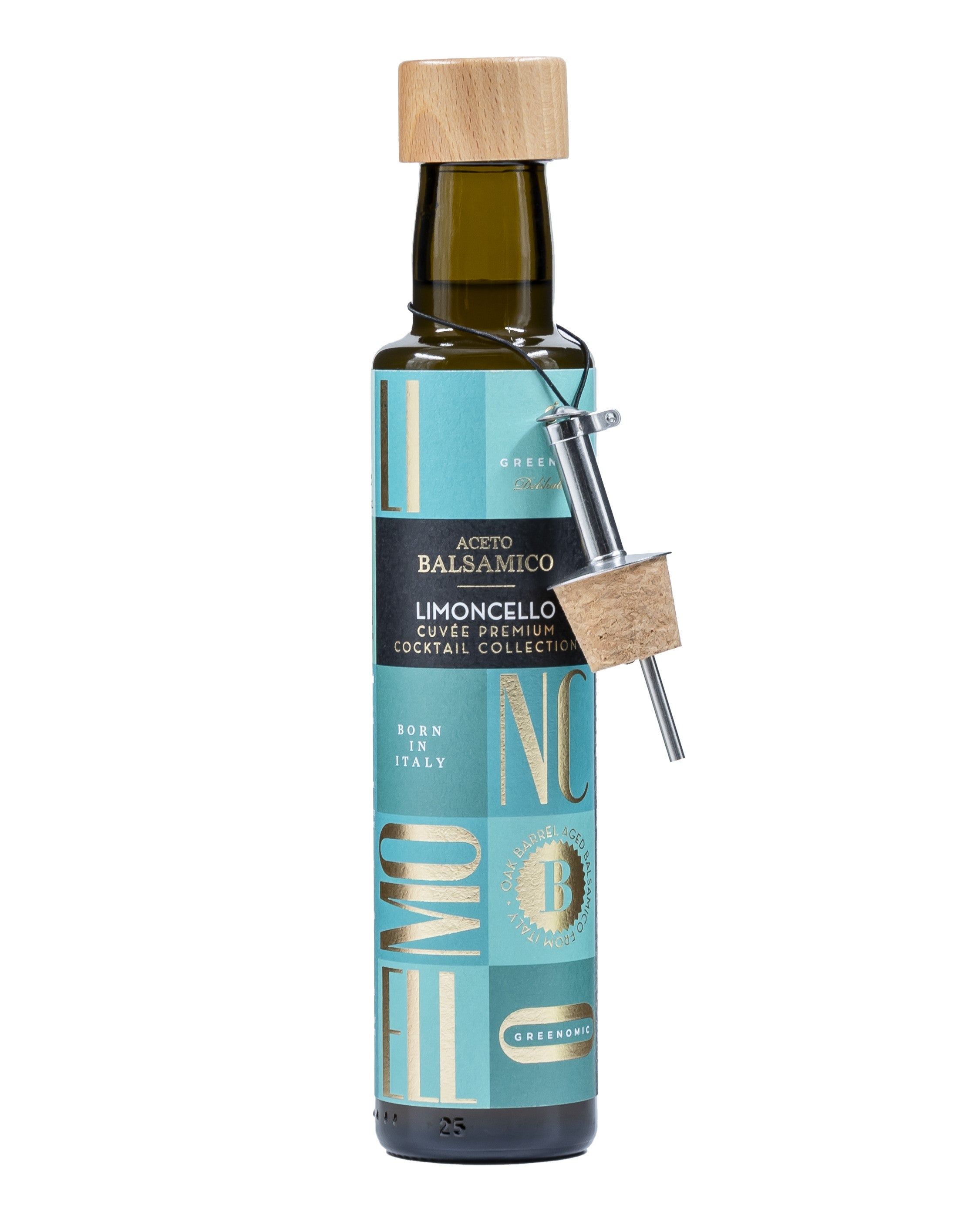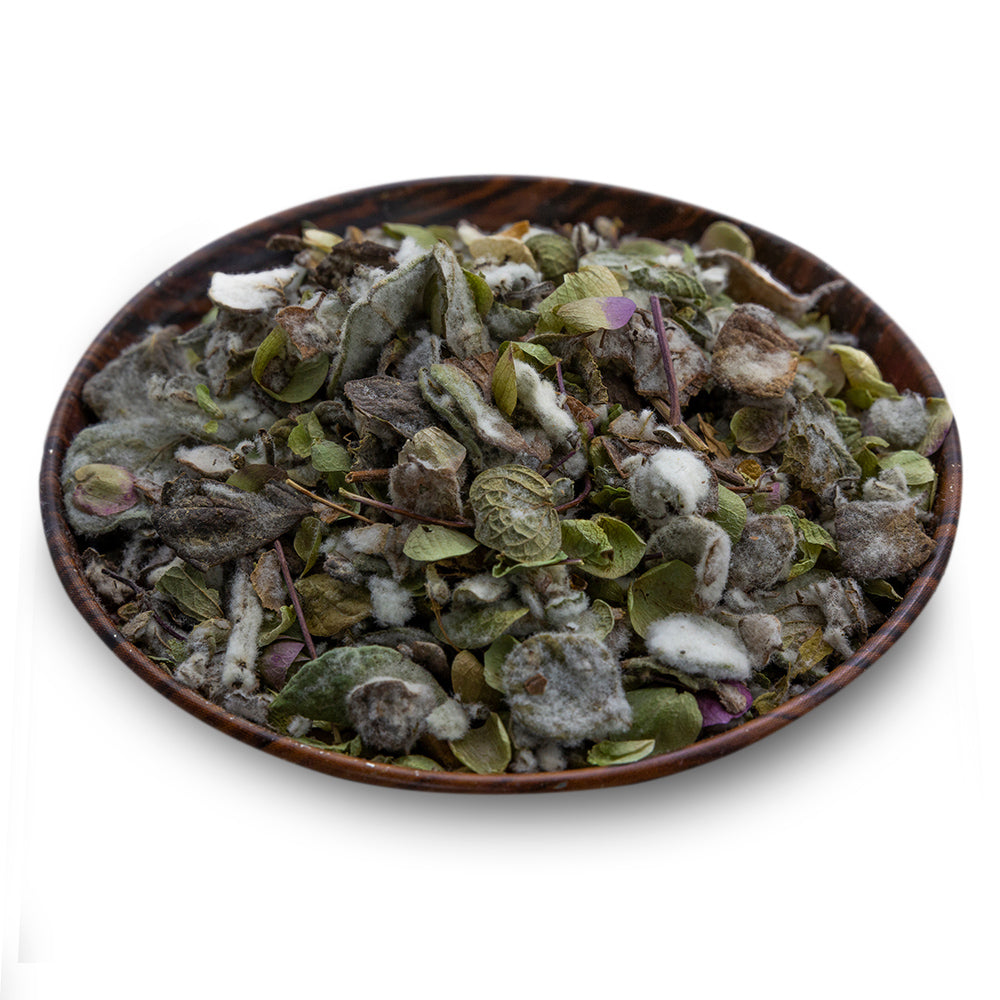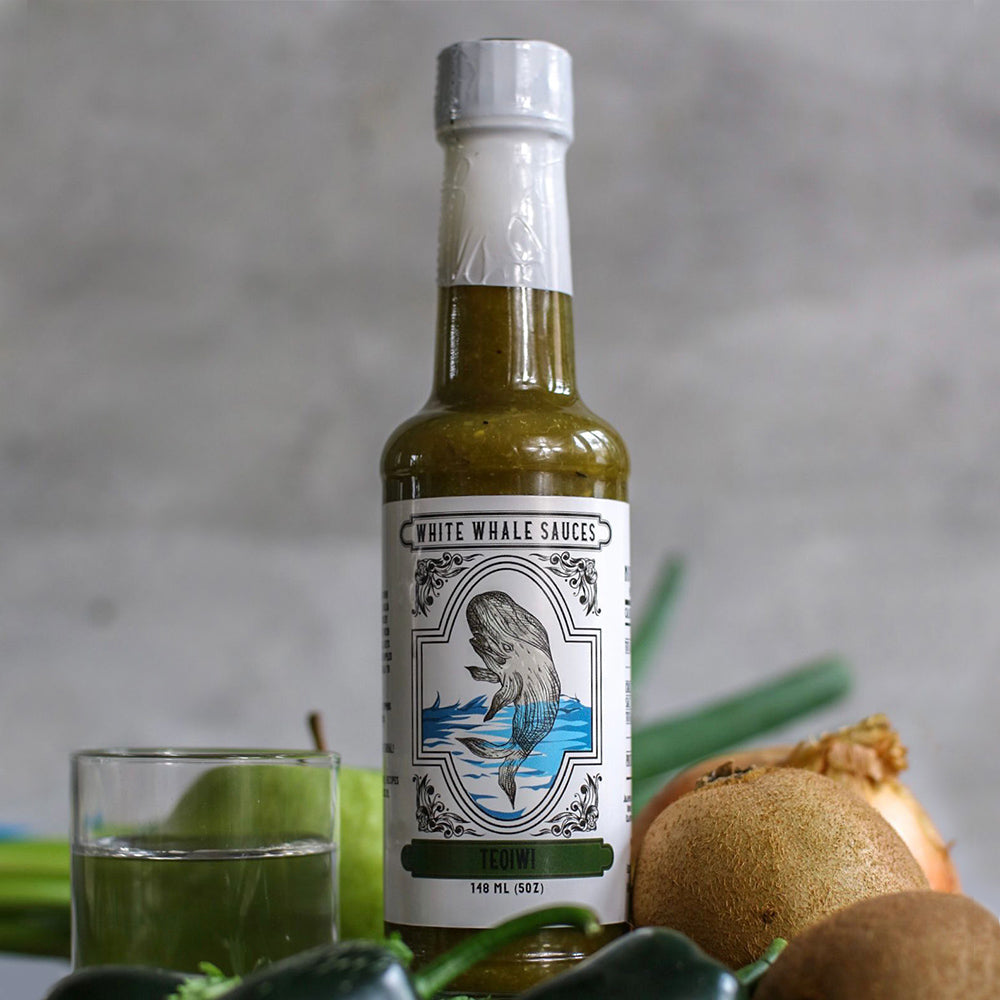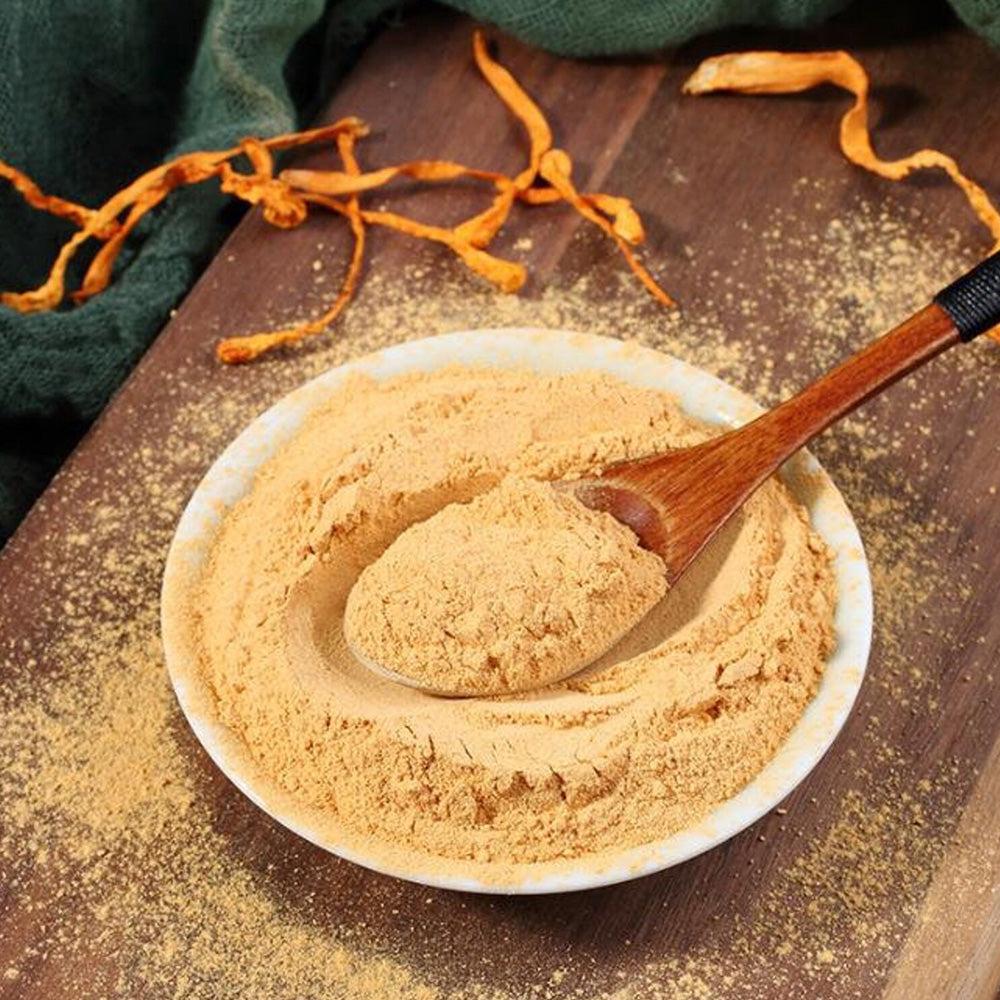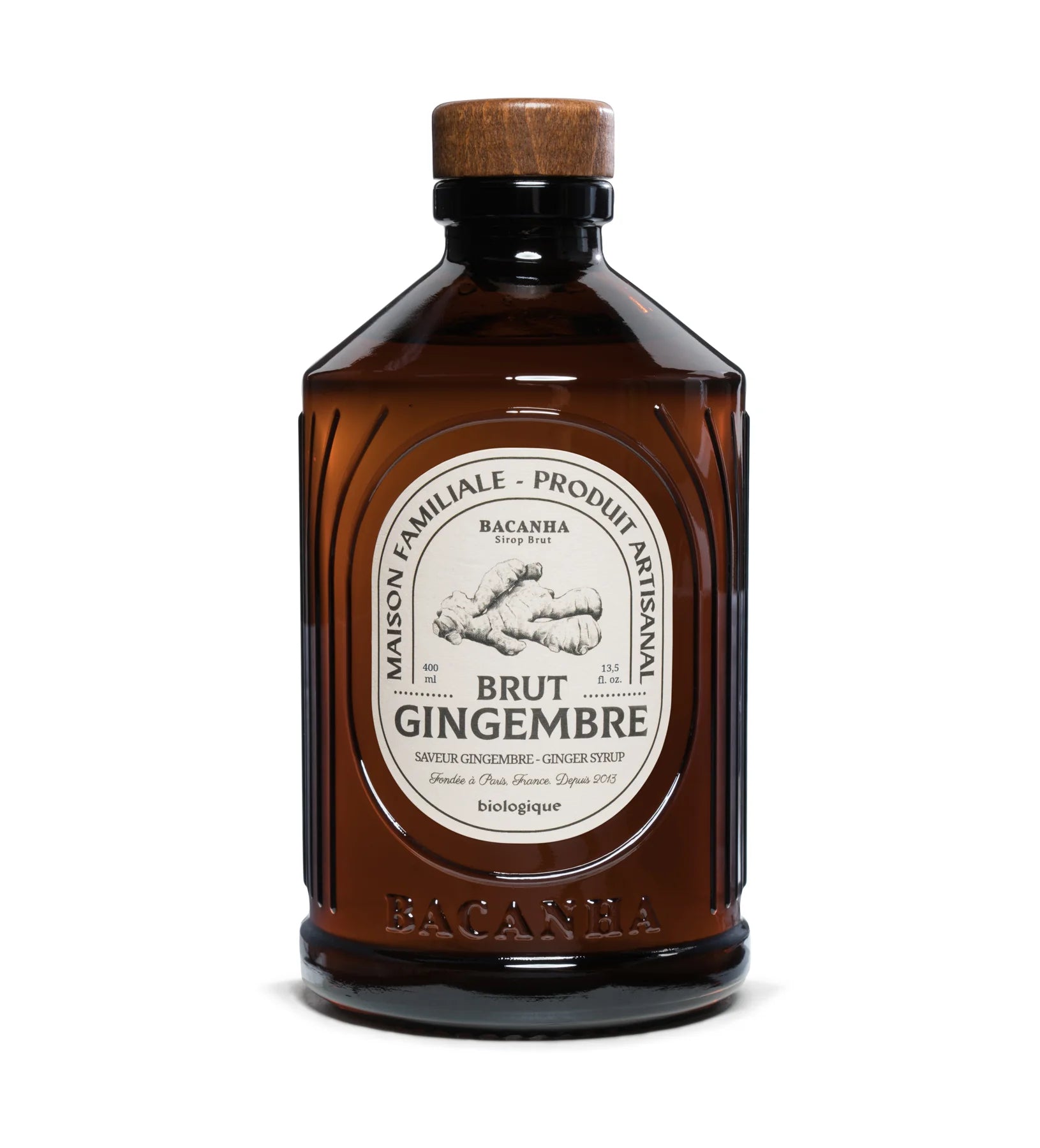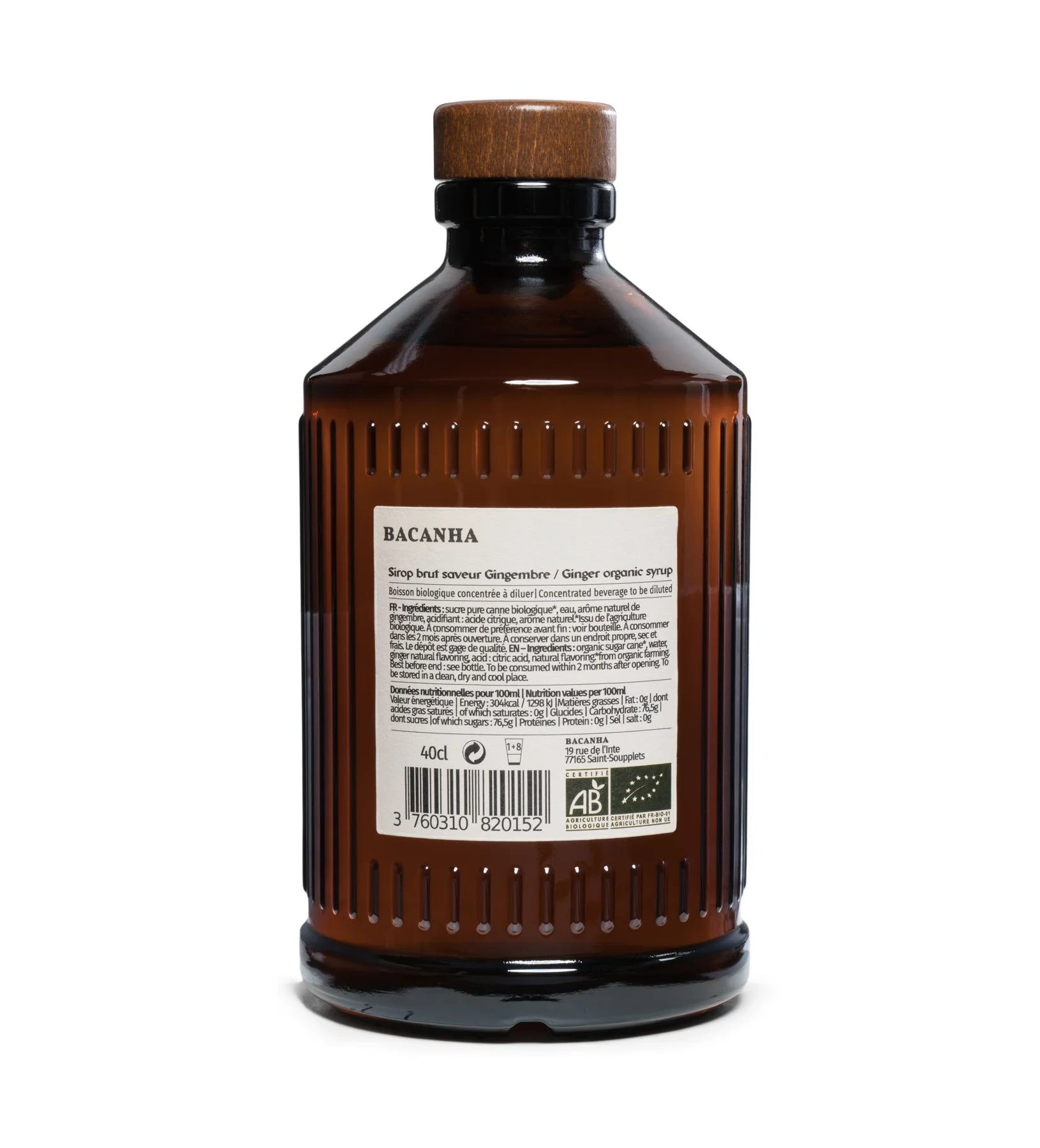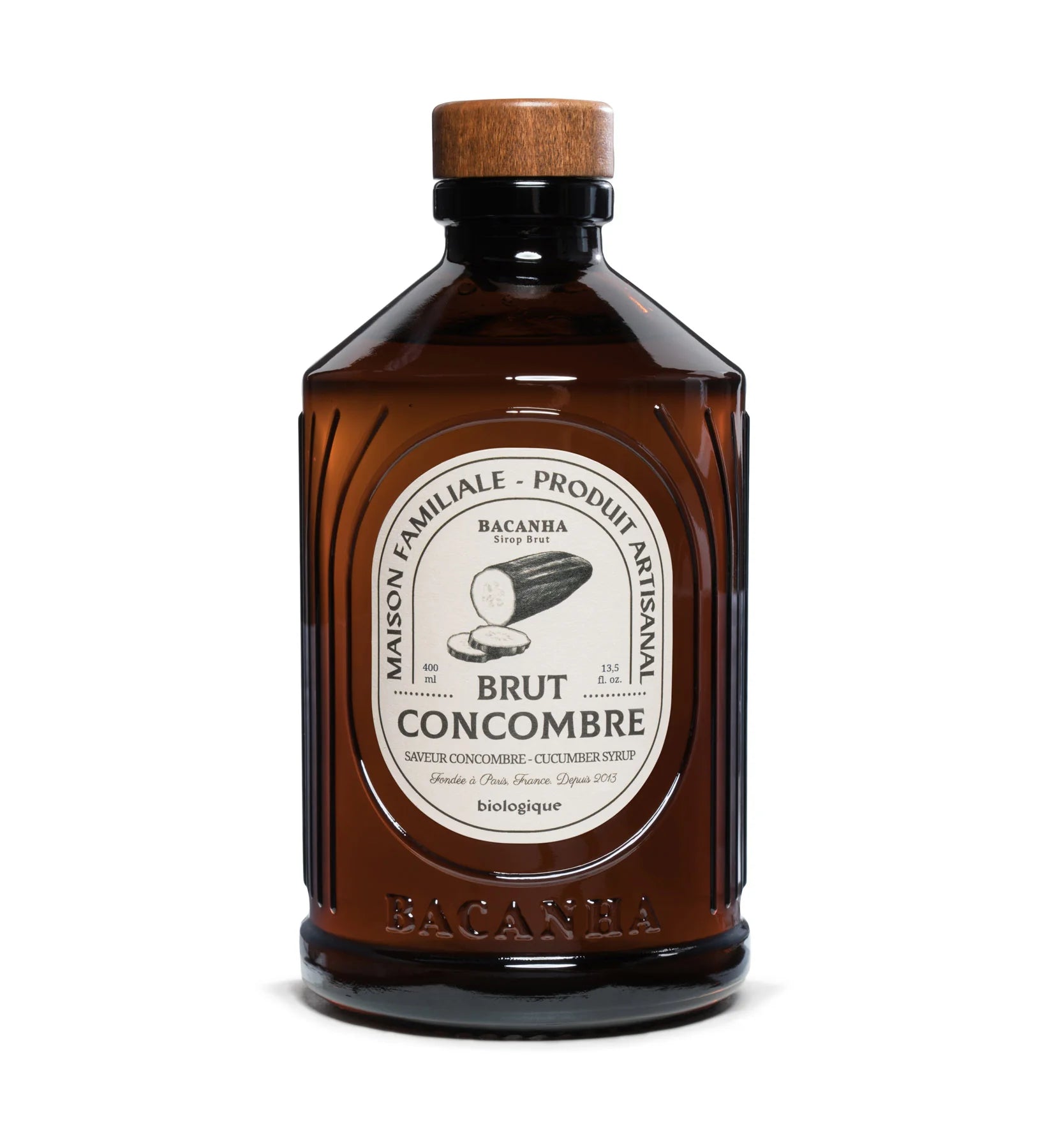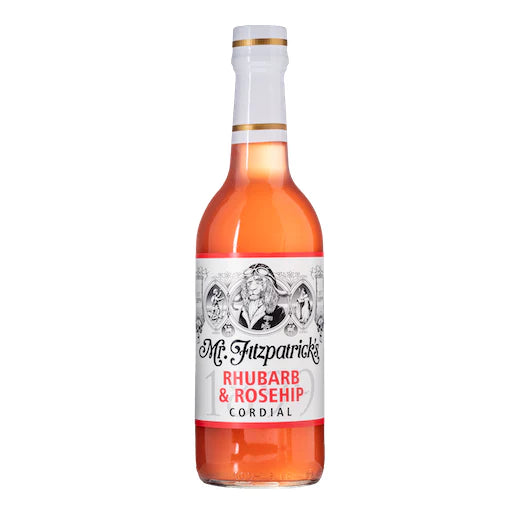About Apricots Sweet Whole Organic
Apricots are the fruit of the apricot tree, a native of China. It produces fragrant flowers that have the unusual characteristic of developing directly from the trunk and branches. We offer organic dried apricots whole to help you choose how to use them.
Dried apricots are known and recognized as a fantastic source of Vitamin A in the form of beta-carotene, which supports night vision and helps the body produce red blood cells. Their high fiber content also contributes to a healthy digestive tract.
Our apricots are harvested, sun-dried and packed. They are not dried by sulphuration.
Storage and shelf life
We recommend you keep your dried fruit in the fridge to avoid speeding up the fermentation process. Otherwise, can be preserved in a cool, dry cupboard protected from light and humidity for up to 12 months.
Shipping and delivery
The product is available for delivery and pick up from our store in de Pijp.
The product is delivered in recycled paper bags.
Nutricional information
Nutritional values per 100g
Energy (kJ/kcal) 1311/313
Fats 0.1g
- of which saturated fats 0.1g
Carbohydrates 72.4g
- of which sugars 61.2g
Fibers 4.5g
Proteins 2.4g
Salt 0.007g
How to use
Dried apricots are very versatile in the kitchen, when rehydrated their texture resembles fresh fruits. This fruit tends to fit really well with almonds and cashews. Due to their gelatinous texture, dried apricots go with a wide variety of prepared dishes, like stuffing, soups, salads, tagines, deserts, homemade jams, fruit syrup and chutney.
Other interesting information
Apricots were cultivated before 2000 BC, probably by the Chinese. Silk dealers spread this luscious fruit westward and it reached Persia by the first century BC. Rome and Greece were introduced to the apricot soon after. A member of the rose family, close relatives include the almond, plum, cherry and peach. Apricots are now grown in warmer temperate parts of the world. It requires highly specific climatic conditions because it ripens early. Apricots thrive in regions that have a fairly cold winter and moderately high temperatures in the spring and summer. A gardener of King Henry VIII brought the apricot to England from Italy in 1542. By the eighteenth century, successful growing of the fruit had been achieved, credited to Lord Anson at Moor Park in Hertfordshire. The Moor Park variety became famous in European countries and is still grown today. Regions of cultivation include a band that stretches from Turkey through Iran, the Himalayas to China and Japan; southern Europe and North Africa; South Africa, Australia and California.
